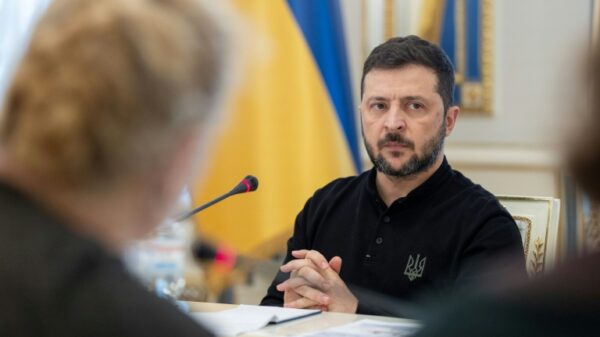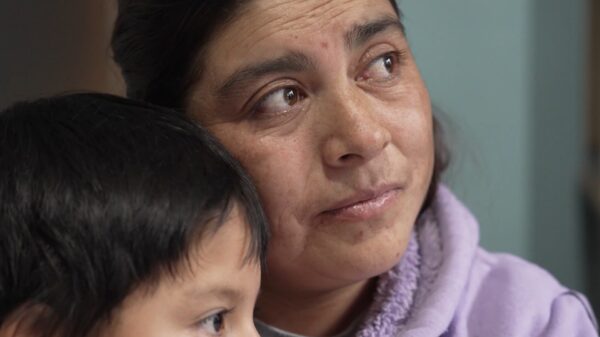In a recent episode of the podcast series “Let’s Talk Indianola,” hosted by Peoples Bank, mental health advocate Sue Wilson from WeLIFT addressed the pervasive stigma surrounding the act of seeking help for mental health issues. This discussion aimed to encourage open conversations and reduce the barriers many individuals face when considering professional support.
During the episode, Wilson highlighted the societal pressures that often prevent people from reaching out for assistance. She emphasized that many individuals view asking for help as a sign of weakness, which can lead to prolonged suffering and isolation. By sharing personal experiences and insights, Wilson aims to foster a more supportive environment in Indianola and beyond.
The podcast is accessible on various platforms, including Apple Podcasts, Google Podcasts, and Spotify. Listeners can engage with the content directly through the provided links, allowing for widespread dissemination of these crucial messages.
Breaking Down Barriers to Mental Health Support
Wilson discussed how cultural attitudes often frame mental health discussions in a negative light. She pointed out that many people are unaware of the resources available to them and may hesitate to seek help due to fear of judgment. By normalizing conversations about mental health, individuals can feel more empowered to pursue the assistance they need.
WeLIFT, which stands for “We Live in Faith Together,” is dedicated to providing resources and support for those struggling with mental health issues. The organization aims to create a community where individuals can share their experiences without fear of stigma. Wilson’s role in WeLIFT is instrumental in promoting mental health awareness and providing educational resources to the public.
The discussion also touched on the importance of mental health education in schools and workplaces. Wilson advocated for initiatives that teach individuals how to recognize the signs of mental health struggles in themselves and others. She believes that increasing awareness can lead to earlier intervention and ultimately better outcomes for those in distress.
Encouraging Open Dialogue
As the conversation around mental health continues to evolve, initiatives like “Let’s Talk Indianola” play a crucial role in shaping perceptions. Wilson’s message is clear: asking for help is a brave and necessary step toward recovery. She encourages everyone to view mental health care as an essential aspect of overall well-being.
The podcast episode serves not only as a platform for discussions but also as a call to action for communities to support one another. By engaging in these conversations and actively seeking to reduce stigma, Indianola can become a model for other communities grappling with similar issues.
Listeners are encouraged to subscribe to the podcast to stay informed about ongoing discussions related to mental health and well-being. Through collective efforts and open dialogue, it is possible to create a more understanding and supportive environment for all individuals facing mental health challenges.







































































